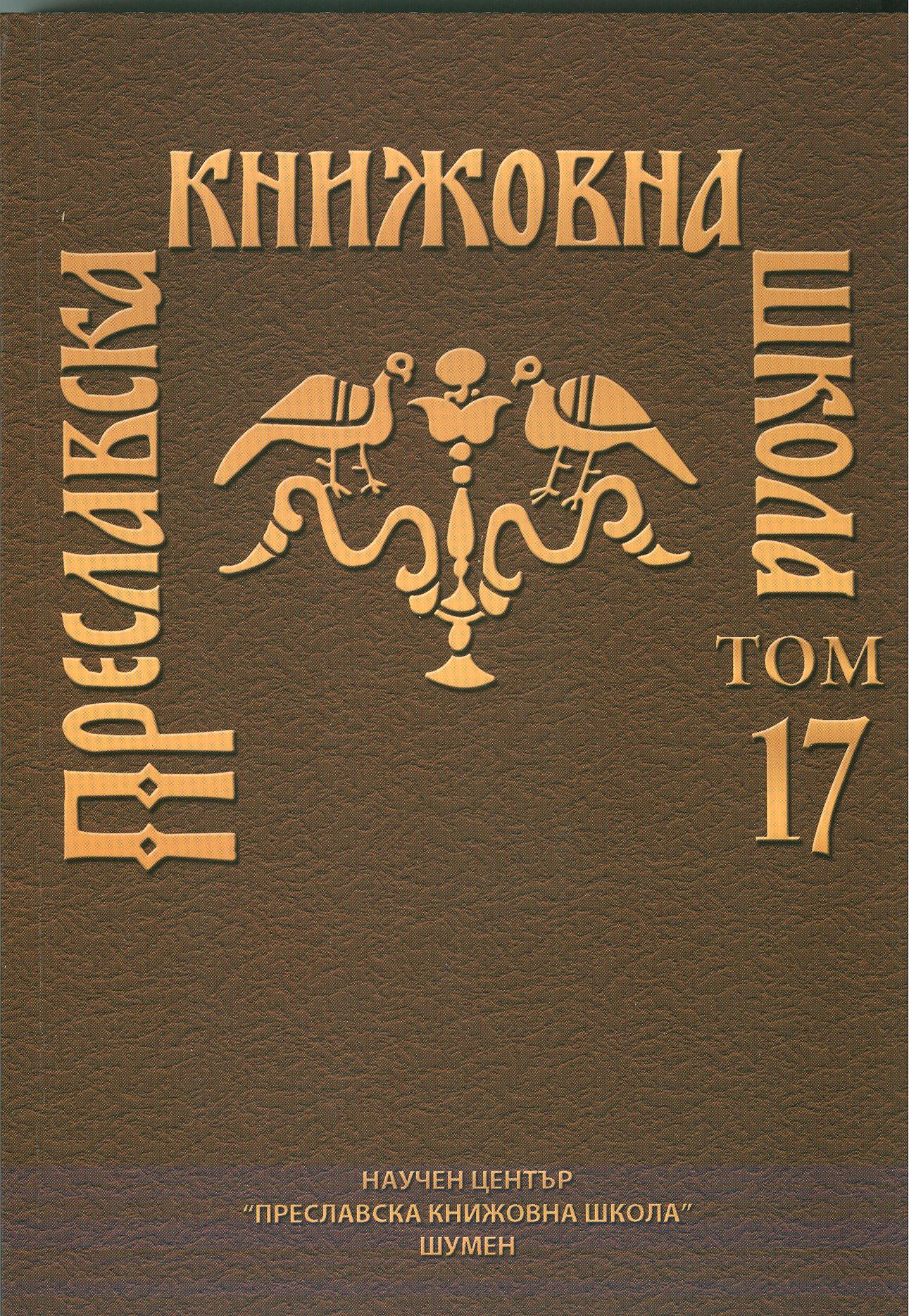ВТОРО СЛОВО НА РОЖДЕСТВО ХРИСТОВО В РЪКОПИС НИМ24 - КОМПИЛАТИВЕН ПРЕВОД НА ЙОАН ЕКЗАРХ
SECOND HOMILY ON THE BIRTHDAY OF CHRIST IN MANUSCRIPT NHМ24 (НИМ24, NIM24) – A COMPILATION TRANSLATION
BY JOHN THE EXARCH
Author(s): Maria Spasova, Kamen DimitrovSubject(s): Language and Literature Studies, Western Slavic Languages, 6th to 12th Centuries, 13th to 14th Centuries, Philology
Published by: Шуменски университет »Епископ Константин Преславски«
Keywords: panegyric; antigraph; translation; version; redaction of a translation
Summary/Abstract: The object of study hereby is The Second Homily on the Birthday of Christ as found in the two oldest Slavic transcripts in NIM24 and Zogr94. The homily is attributed either to John Chrysostom or to John the Exarch. The aim of the study, is through a comparison of the Slavic transcripts with the Greek text of the sixth homily on the Gospel of Matthew by John Chrysostom, to determine whether the Homily is a translation or a compiled work by John the Exarch. Based on the analysis of the grammatical peculiarities of the translation, found in the two transcripts, as well as through a comparative study of 105 rare lexemes, in the NIM24, a conclusion is drawn that The Second Homily on the Birthday of Christ is a compiled translation of selected excerpts, constituting 2/3 of the Greek text of the 6th sermon by John Chrysostom. The selection of the excerpts is made by the translator, who is also the editor and complier. In the process of translation, he had “welded” together the excerpts from John Chrysostom’s 6th Lecture with interpolated words, expressions, whole sentences and larger text entities. The translator and compiler is doubtlessly John the Exarch, and this is categorically proven by the lexical study of rare lexemes.
Journal: Преславска книжовна школа
- Issue Year: 2017
- Issue No: 17
- Page Range: 49-90
- Page Count: 42
- Language: Bulgarian

